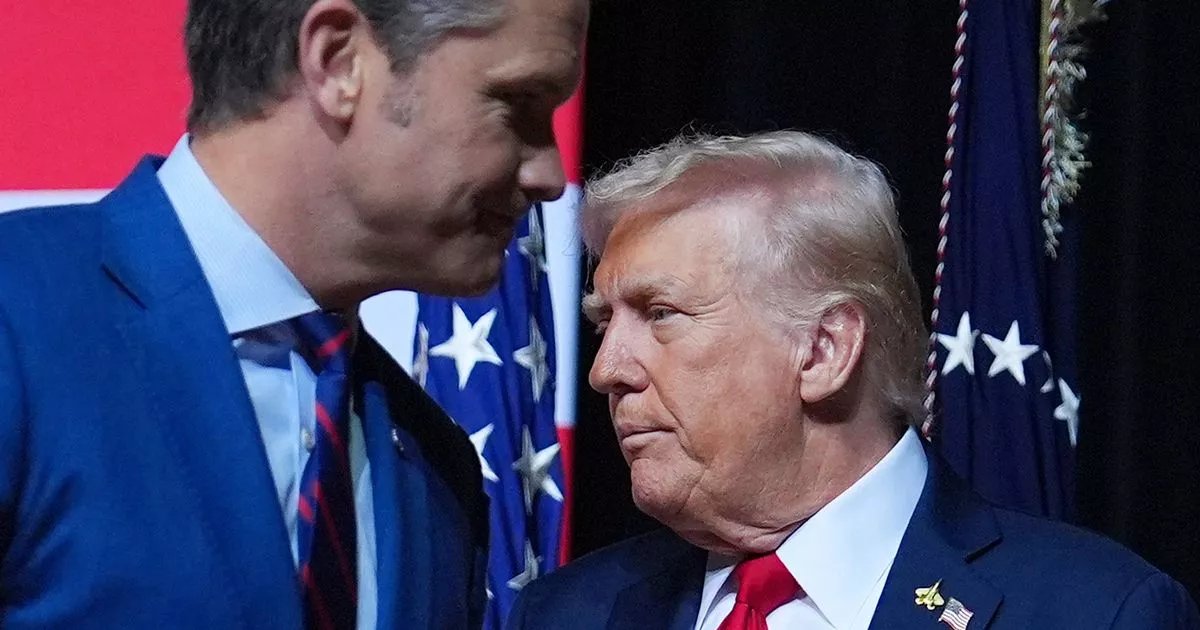In a concerning development, President Donald Trump has asked US military leaders to assist in combating what he referred to as “internal adversaries,” marking a troubling escalation in his conflict with political foes. The President hinted at potentially using the military in ways that may violate the law to suppress protests and support law enforcement activities.
A large number of prominent generals were hastily called for a meeting by the President, with some having to travel from active conflict zones worldwide. During the assembly, Secretary of War Pete Hegseth criticized the physical fitness of many high-ranking military officials, mandating them to meet strict yearly physical standards.
Trump also indicated his intention to discard what he termed as “ineffective” and “politically correct” rules of engagement, which are designed to prevent accusations of war crimes. He further expressed his readiness to dismiss any military personnel instantly if he found them unsatisfactory.
The President’s speech took a political turn as he directly targeted his Democratic adversaries, accusing them of disrespecting the military. He suggested a potential shift from past practices by previous Presidents regarding the involvement of the military in domestic affairs, a move that could potentially breach legal boundaries.
Pointing to historical precedents, Trump argued that previous leaders like George Washington, Abraham Lincoln, and George Bush utilized the armed forces to maintain order and peace within the country. By insinuating a revision of the military’s role in domestic situations, Trump drew criticism for potentially overstepping legal limits established by the Posse Comitatus Act of 1878.
During the address, Trump mentioned cities like San Francisco, Chicago, New York, and Los Angeles as areas that needed to be brought under control. He emphasized the internal struggle within the country and the role some military officials may play in addressing these challenges.
The President’s remarks were met with a mix of reactions, including nervous laughter and a caution against applauding selectively. Trump’s rhetoric on military involvement in domestic matters raised concerns about the politicization of the armed forces and the potential consequences of such actions.
Despite historical references to military interventions for domestic peacekeeping, Trump’s comments sparked debate over the boundaries of military involvement within the country. Critics argue that the President’s sentiments could clash with legal restrictions and established norms governing the military’s role in civilian affairs.
